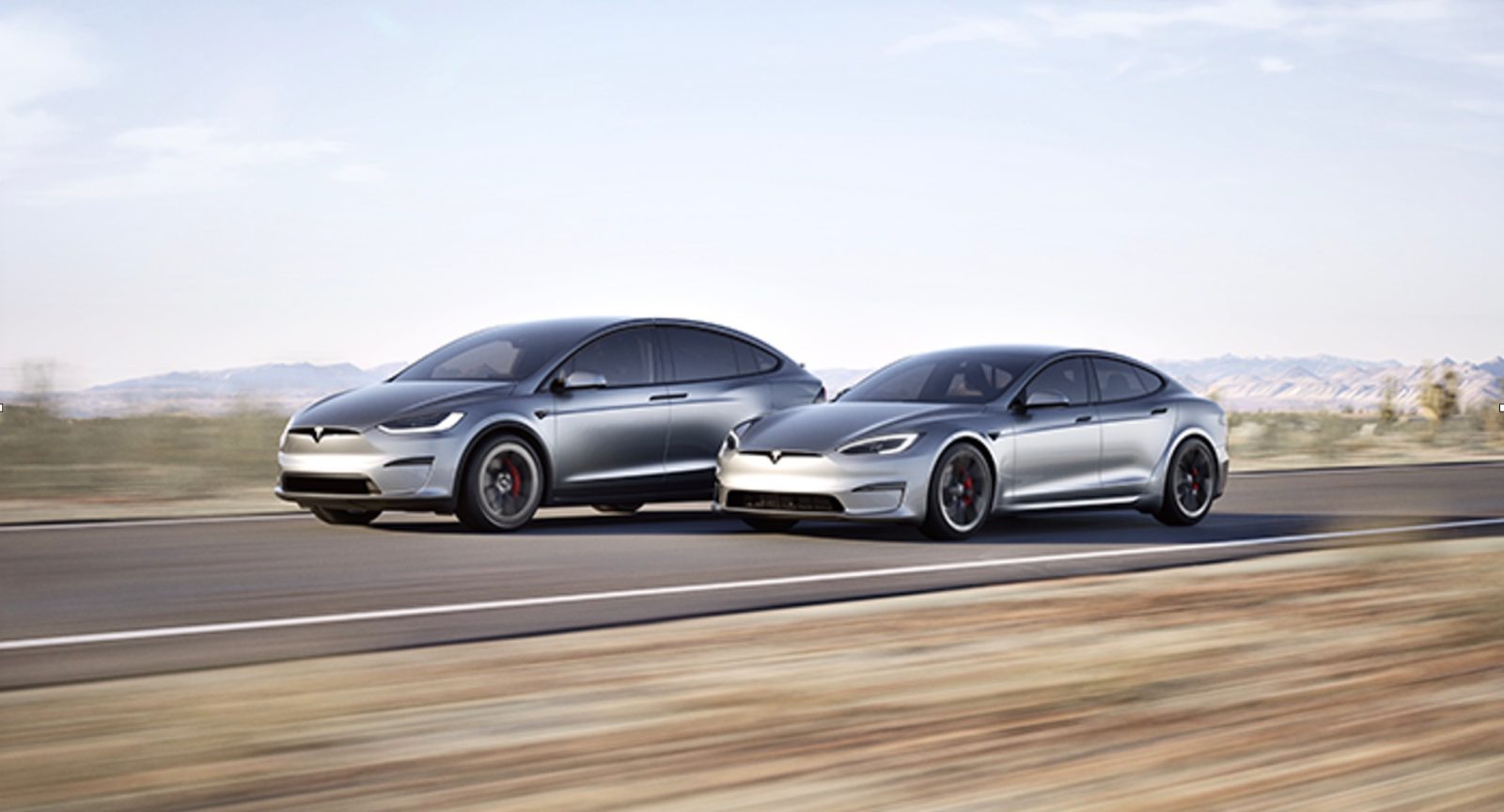Tesla's Hidden Struggle: Why Model S and Model X Sales Are Plummeting


For those keeping a sharp eye on Tesla’s recent moves, the plunge in Model S and Model X sales is hard to miss but inconveniently obscured. As the electric vehicle titan grows its portfolio, particularly with the Cybertruck, it has become increasingly complicated to track individual model performance.
Tesla opts to lump its Model S, Model X, Cybertruck, and Tesla Semi into the 'other models' category when reporting deliveries. This practice makes it tough to draw clear conclusions about the health of these individual lines. Tesla, it seems, is the only major automaker to embrace such opacity.
Cracking the Data Code
Recent figures reveal that Tesla delivered 21,551 'other models' in Q2. By accounting for the 8,000 to 9,000 Cybertruck deliveries, industry insiders estimate that only around 12,000 to 13,000 units were Model S and Model X. This is a stark contrast to the 19,225 units delivered in the same period last year, marking a year-over-year decline of over 30%.
This dip in sales isn’t just a simple number; it signifies a shift in consumer behavior. With every legacy luxury automaker now rolling out premium electric sedans and SUVs, the competition is fierce. Tesla’s once unparalleled technology now faces serious contenders, making it harder for the Model S and Model X to maintain their edge.
What’s at Stake for Tesla
While the Model S and Model X are lower in volume compared to the Model 3 and Model Y, the downward trend could spell trouble for Tesla. The decline shows Tesla's vulnerability in maintaining momentum across multiple vehicle programs. It's a vulnerability that legacy automakers with more experience navigating diverse portfolios can exploit.
The high-end market that the Model S and Model X occupy is becoming increasingly crowded. Various luxury automakers are launching electric vehicles, taking a bite out of Tesla's market share. Though still competitive, the luxury segment is no longer Tesla’s proprietary playground.
Future Path and Recommendations
This scenario underscores the company's limited capacity to juggle several vehicle programs simultaneously. For Tesla to remain competitive, it's crucial to improve transparency in model-specific sales. Doing so could offer investors and enthusiasts alike a clearer picture of the company's performance and highlight potential areas for improvement.
If Tesla continues to hide behind combined statistics, it may increasingly erode the trust of its customer base and investors. Open reporting practices, akin to those of other automakers, could further solidify its standing in a market where reputation is key.
As Tesla fans await updates and innovations, it remains vital for the company to adapt and better address these emerging challenges. Diversifying focus without compromising clarity could be Tesla’s ticket to catching up with, and surpassing, the competition.